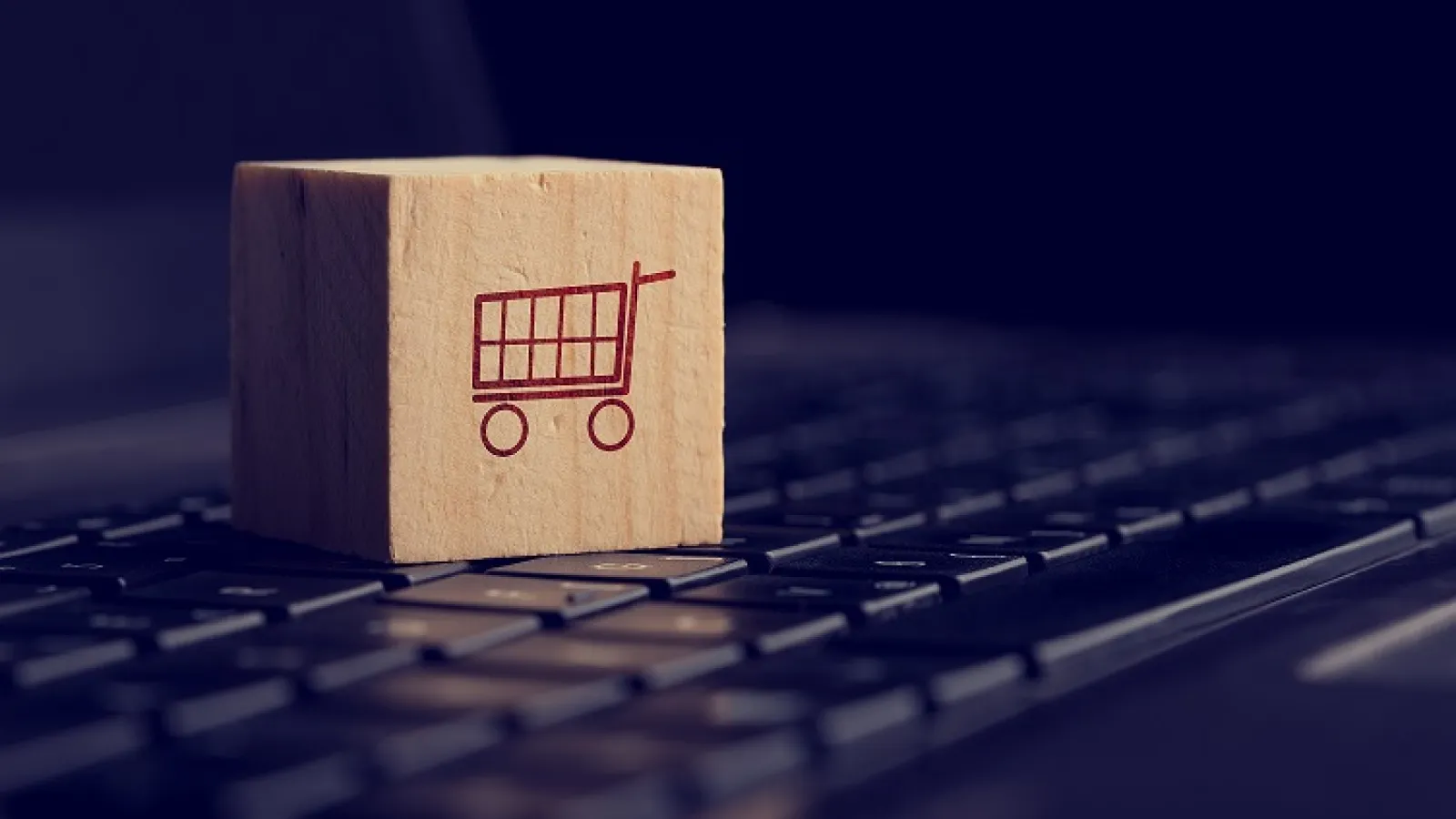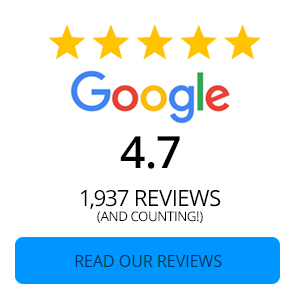With its added convenience, great deals, and the huge selection of products, it's no wonder that so many people love shopping online. Though online shopping has many advantages, it's not without its downsides, specifically the potential security risks it can pose. Any time you go online, you should be concerned with protecting your personal data and more so when you must provide it as when buying something online. To keep your identity safe and prevent credit card fraud, use the online shopping tips below.
Trust Your Instincts
When shopping online, the most important thing to do is trust your gut. If you get a bad feeling about a website, don't give them any personal information. Look out for red flags like asking for too much personal information, outdated web design, strange web address, or lots of pop up ads. Though it can be hard to pass up a good deal, you'll thank yourself later when your credit card information is safe.
Check out with a Secure Payment Method
Look for websites that take secure payment methods like PayPal and credit cards. These businesses offer better buyer protection in the case of a dispute so you won't be held liable for any fraudulent charges. You should also look for security labels like VeriSign, DigiCert, and other well-known seals. Be skeptical of any app or site that only accepts payment via wire transfer, money order, or check.
Inspect the URL
Ideally, you should only visit secure websites. Look at URL for the acronym HTTPS. The "S" means the website is secure, as opposed to other URLs that begin with HTTP. These sites encrypt the information sent through them so it can only be seen by the intended recipient. If you're shopping at an HTTP site, be careful of what information you share with them.

Update Passwords Often
Though it may be a pain, changing your passwords regularly is an easy way to protect your info online. Updating your password every three to six months will foil any hackers who have managed to gain access to your account. Also, make sure you don't use the same password for every account.
Use Caution When on Mobile Devices
Though smartphones and tablets can do almost everything a computer can these days, they don't have the same safety features. The majority of mobile devices don't have anti-virus software and other cybersecurity protections, making it easier for hackers to steal your data from your phone. Plus, shortened URL make it harder to tell if a site is secure or trustworthy. Be extra careful when shopping on your phone.
Don't Use Public Wi-Fi
Free public Wi-Fi may seem like a godsend, but, by using it, you may be opening yourself up to cyber attacks. Oftentimes, Wi-Fi hotspots don't encrypt your data, so any hacker with the right software can steal your banking information and identity. While on public Wi-Fi, don't do anything that requires you to enter personal information like shopping.
Check Your Banking Statements
Lastly, be sure to check your credit card and bank statements regularly to scan for fraudulent charges. Though financial institutions do a pretty good job of catching fraud, some transactions can slip through the cracks. Keep your eye out for purchases you didn't make or receive.

